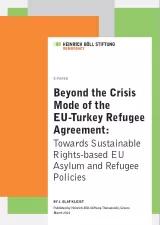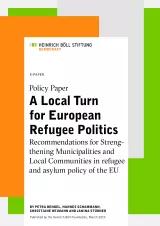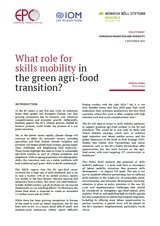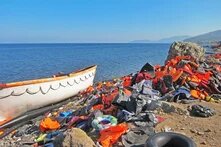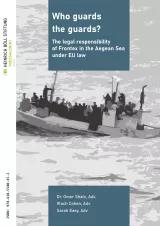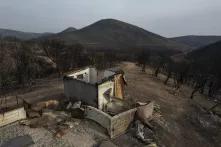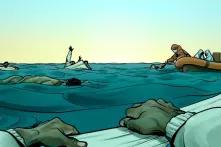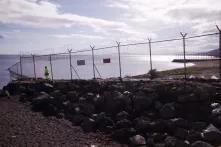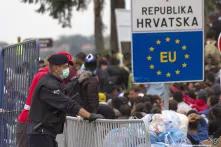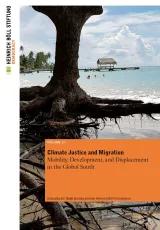Dossier
The EU Pact on Migration and Asylum
After years of erratic and uncoordinated actions, the European Commission revealed in September 2020 the long-awaited New Pact on Migration and Asylum to “propose a fresh start” on this highly politicised policy priority. Will the Pact become the coherent strategy on migration the EU needs? How can the EU strike the right balance between responsibility and solidarity, on the one hand, and opposed national interests and priorities, on the other hand? Our dossier illustrates different perspectives on the European Commission’s proposal, with contributions from our foreign offices and partners in the EU and beyond.




